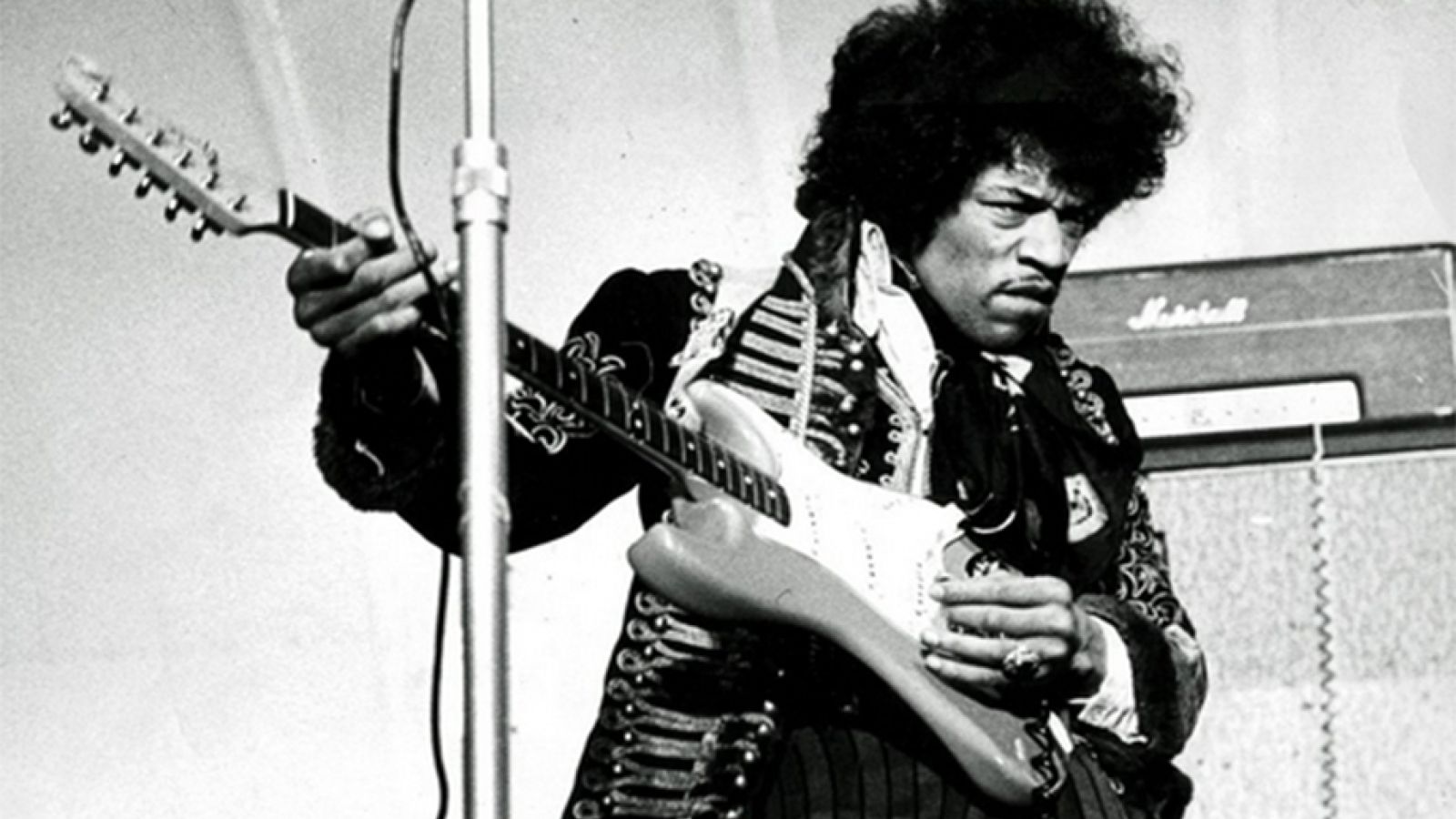Soundtracks to revolutions get airing at ANU

Jimi Hendrix/Flickr SCANPIX SWEDEN, Stockholm, Sverige, 2000-06-06.
The power of music to inspire politics as well as the beats revolutions march to will be in sharp focus during a conference hosted by the ANU School of Music next week.
Some of the world's most prominent music historians and researchers will come together to discuss the role popular music has played in swaying political movements and revolution.
ANU Associate Professor of Music Samantha Bennett said popular music has always played an influential role in political history.
"You can look back through history and see music as a reflection of a political era," Associate Professor Bennett said.
"Popular musicians wield a lot of power. Their music is everywhere, it's played in supermarkets, aeroplanes, in malls. It's part of the fabric of our culture.
"We think of the civil rights movement at the end of the 1960s as being synonymous with moments like the famous Martin Luther King speech, but at the same time music played a huge role through artists like Jimmy Hendrix, Janis Joplin and Bob Dylan.
"The late 90s Britpop scene with Oasis, Blur and Pulp reflected the essence of hope that the new Labor Government presented in the UK."
Associate Professor Bennett said Australian political history was also heavily steeped in music, through acts like Midnight Oil, and highlighted the new era of Indigenous artists using music to create change.
"Consider Briggs and how immersed in politics his entire aesthetic is," she said. "He is a leader in the new current political musical movement."
Briggs is an Indigenous Australian rap artist who has recently spoken out about the lyrics of Advance Australia Fair not being representative of Indigenous Australians.
Some of Professor Bennett's key political popular music moments:
1. Jimi Hendrix plays The Star Spangled Banner -- live at Woodstock, 1969
At the time of the Vietnam War and coinciding with the civil rights movement, Hendrix performed a war-themed US National Anthem.
2. Beyoncé performs 'Formation' at the Super Bowl half time show, Santa Clara, California, 2016
Beyoncé performed a spectacular show at the 2016 Super Bowl half time slot. While she made no explicit political statement, her Black Panther inspired costumes, warrior-like choreography and all-female dance troupe was widely interpreted as both a strong feminist and 'Black Lives Matter' statement.
3. Midnight Oil perform 'Beds are Burning' live at the Sydney Olympics, Australia, 2000
Midnight Oil performed their iconic Aboriginal rights anthem 'Beds are Burning' at the closing ceremony of the Sydney Olympics in 2000. The performance was not only poignant due to the choice of song, but also because the band members wore shirts printed with the word 'sorry' as both an extension of their allyship to Aboriginal people and a critique of then-Prime Minister John Howard's record on reconciliation.
4. U2 - 'Sunday Bloody Sunday', War, 1983
A direct reference to the Northern Ireland troubles, this song focuses on the 1972 'Bloody Sunday' shootings. The song recounts events of 30 January 1972 when British soldiers shot and killed 28 unarmed protesters in Derry. The song is also known for its broader reflection on the Northern Ireland troubles and is widely recognised as one of the most significant political protest songs.
5. Lady Gaga - 'Born This Way', Born This Way, 2011
The combination of disco aesthetics, message of self-empowerment and video featuring late model Rick Genest resulted in an LGBTQI+ anthem at point in time when same-sex marriage and trans rights were high on the political agenda.
Turns and Revolutions in Popular Music, the 20th International Association for the Study of Popular Music Biennial Conference, will be hosted by the ANU School of Music from 24-28 June.
Visit the IASPM conference page for more information.
Image Source: Wikipedia Commons